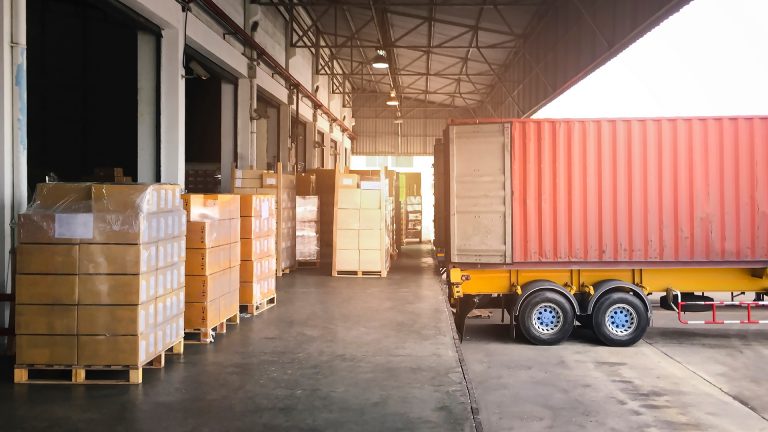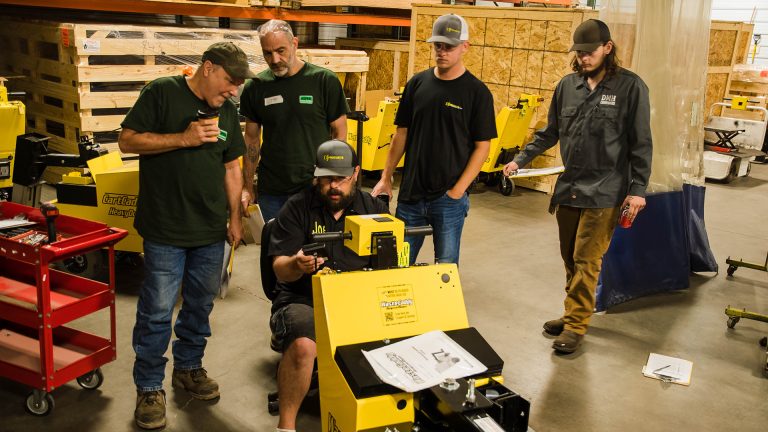When we think about work stress we tend to focus on its impact on our daily job: cost overruns that threaten to push our project over budget, smoothing the ruffled feathers of a fellow employee, meeting sales projections, etc. But stress comes from multiple sources. There’s mental stress from trying to accomplish a goal, emotional stress from interacting with fellow workers, and physical stress resulting from overexertion. We’re human which means that stress is a daily occurrence, particularly in this economy. The problem is that chronic stress can affect performance — both mental and physical, decreasing effectiveness and productivity.
A new study published in the July issue of the journal Science shows that chronic stress actually rearranges the wiring in our brain. In a study with rats conducted jointly by the U.S. National Institutes of Health and researchers at the University of Minho in Portugal, stressed rats lost the ability to make effective decisions. Effective decision making, whether in the performance of mental or physical tasks, requires humans to choose the most productive option from a field of choices. When stress is unrelieved, people are more likely to make poor decisions. In the study, the portion of the brain associated with goal-directed behavior shrank while the area that controlled habit formation grew. Under perpetual stress, people, just like the rats in the study, lose the ability to make smart decisions and fall back on old habits.
Physical stress from overexertion, overreaching or cramped work platforms were as debilitating in eroding decision-making ability as emotional or mental stress. Interestingly, physical stress accelerated the erosion of mental abilities faster than other kinds of stress. Pain and discomfort seem to act more quickly on human stress thresholds than mere mental irritation. Utilizing ergonomically-designed material handling equipment is one smart way to decrease employee stress.


